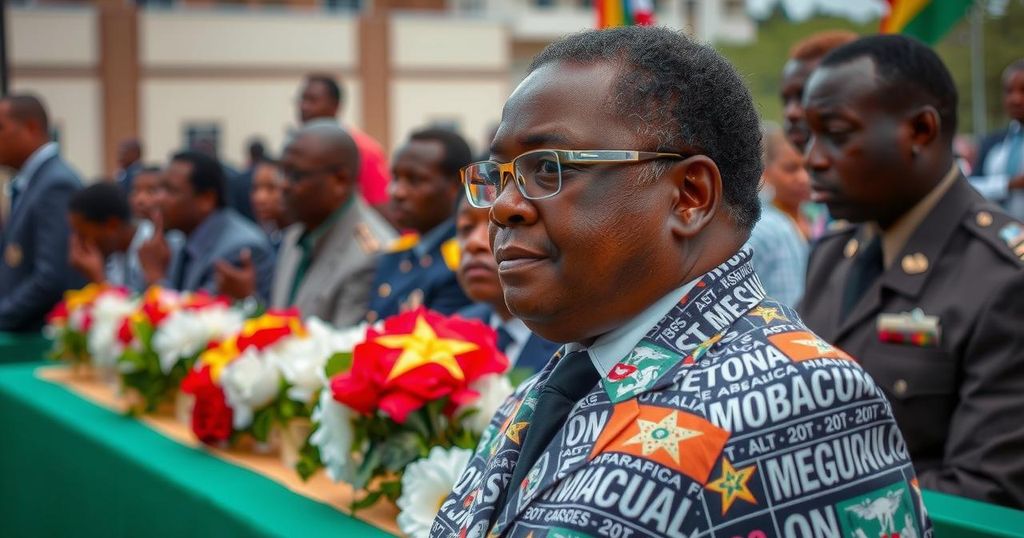Mozambique mourns the loss of nearly 280 lives during two months of election-related violence. Security forces are implicated in many deaths, particularly among youth protesting the disputed election results. Families are grieving, while human rights advocates call for accountability and a political resolution as tensions remain high despite recent calm.
Mozambique is in mourning as it grapples with the aftermath of violent unrest surrounding the recent election. The violence, primarily attributed to security forces, has led to nearly 280 fatalities over a two-month period, with numerous victims being young individuals who participated in protests against the election results. The situation escalated after the announcement of the election results on October 24, favoring Daniel Chapo of the ruling Frelimo party, igniting claims of fraud from opposition leader Venancio Mondlane. The tragic deaths included that of 16-year-old Yolanda Jose Luis, who was unintentionally caught in a police shooting while en route to a family gathering, and that of 22-year-old Silvio Jose Jeremias, allegedly shot by plainclothes police during a gathering with friends.
Witnesses reported that police utilized live ammunition against the demonstrators. Amidst this turmoil, both the families of the victims and human rights advocates have expressed outrage and sorrow over the state’s brutal response to peaceful protests. The local NGO, Plataforma Decide, recorded a significant increase in fatalities following the endorsement of Chapo’s victory by the Constitutional Council. In the wake of this violence, President Filipe Nyusi has stated that some police personnel have also perished, attributing this unrest to looting and vandalism.
The turmoil appears to have subsided since Christmas Day; however, the political landscape remains tense as Chapo prepares for his inauguration on January 15, while Mondlane persists in rallying for a recount from abroad. The incidents cast a shadow over Mozambique’s democratic processes and evoke widespread calls for accountability regarding the actions of the security forces during this turbulent period.
The unrest in Mozambique stems from a deeply contested political landscape marked by claims of electoral malpractice. The election, held on October 9, resulted in the announcement of Daniel Chapo of the Frelimo party as the winner, a decision met with strong opposition from rival factions. As protests erupted, security forces were accused of excessive force, leading to numerous casualties. The violence emphasizes broader issues about governance, human rights, and the safety of citizens in confronting state authority. Amidst claims of state-sponsored violence, activists and families demand justice for the victims and accountability for the actions of the police during the demonstrations.
In conclusion, the recent election unrest in Mozambique has resulted in profound tragedy, particularly among the youth who sought to assert their political voices. The reported killings have highlighted serious concerns regarding the actions of security forces and the government’s handling of dissent. Moving forward, the nation stands at a critical juncture, as the push for political change and justice continues amidst a backdrop of grief and loss. A resolution to these tensions is imperative for fostering stability and protecting the rights of all citizens.
Original Source: www.barrons.com







